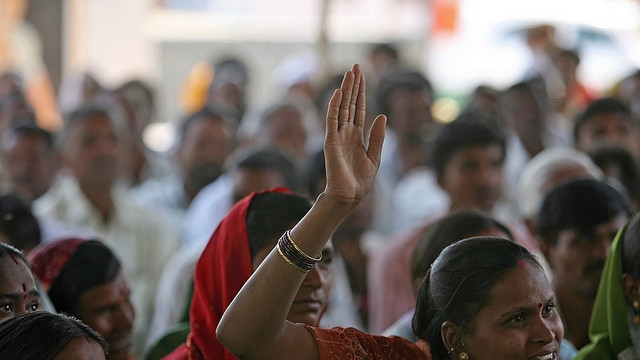Across the developing world, public health systems struggle to provide high-quality care to the populations they are tasked to serve. But compounding low budget constraints is a lack of accountability, as well as high rates of worker absenteeism. Policy makers and researchers are evaluating innovative ways to boost both the quality and quantity of health services. One possibility is giving health care consumers more information about the quality of care they’re receiving to improve transparency and increase demand for better services. Another possibility is giving patients a forum to channel complaints directly to providers to improve accountable. This evaluation will provide evidence about the effectiveness of such community-driven interventions.
Research area: Health
Country: India
Evaluation Sample: 120 Gram Panchayats (rural local governments) in two districts in Uttar Pradesh
Timeline: 2014 – 2019
Intervention: accountability, increased civic engagement
Researchers: Manoj Mohanan, Duke University; Harsha Thirumurthy, University of North Carolina, Chapel Hill
Context
Uttar Pradesh, India’s largest state, with a population of more than 200 million, has among the lowest per-capita incomes in the country. Infant and child mortality rates are especially high and some 380,000 children under the age of five die every year. The Government of Uttar Pradesh, which seeks to improve its health care system, will be piloting social accountability interventions and considering them for scale-up as part of a World Bank-supported project. Researchers are working with the government to evaluate the effectiveness of these campaigns, which will provide policy makers with guidance on how best to implement change in the state’s health system on a large scale.
